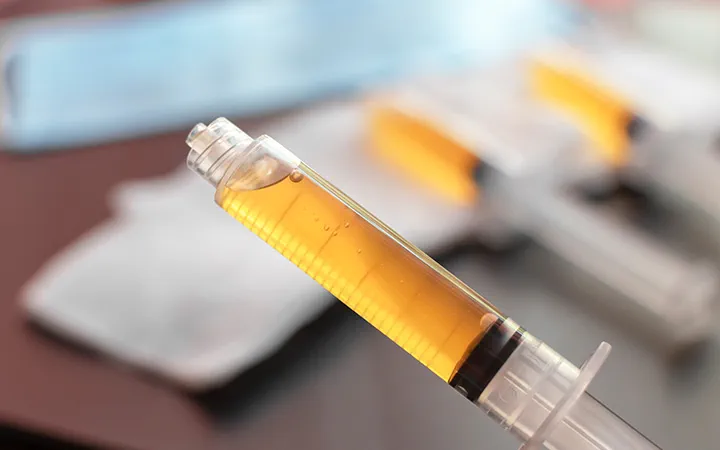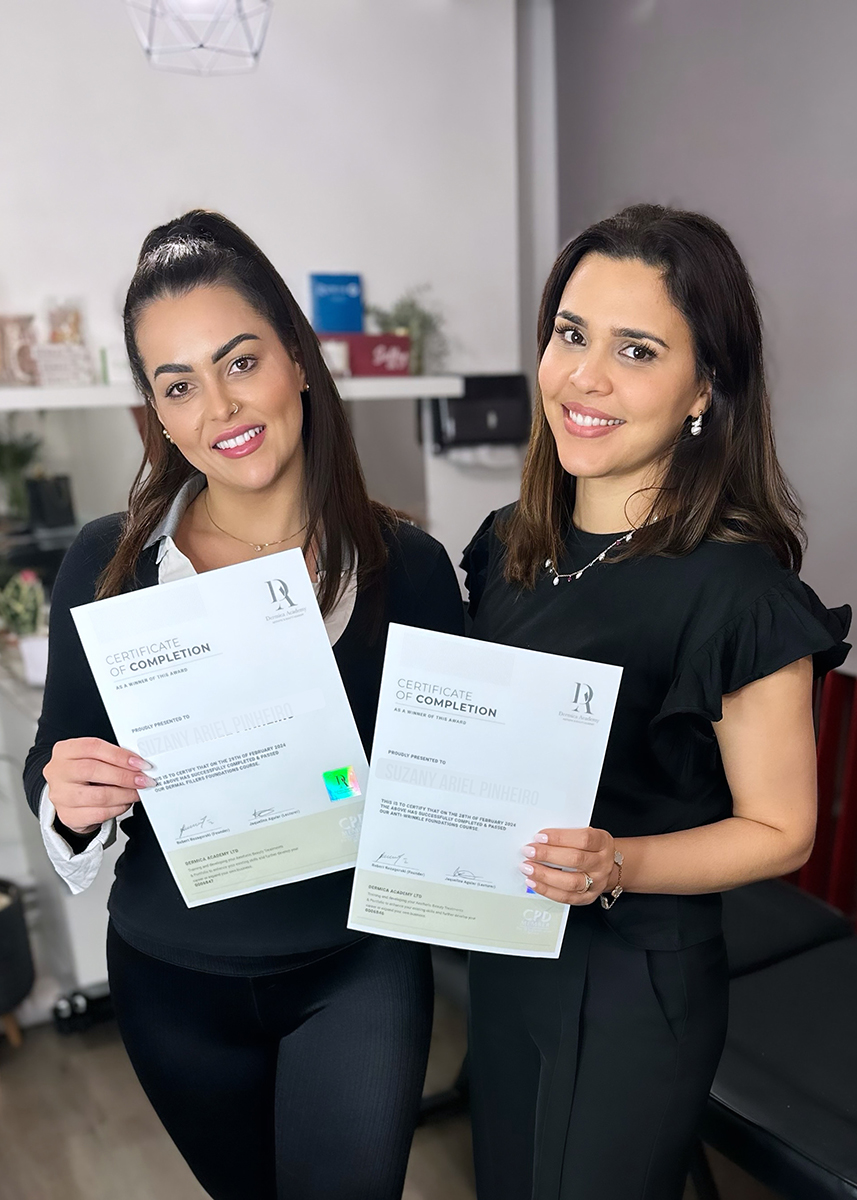PRP Platelet Rich Plasma Course

SAVE £300! 1 Day Full Course WAS £795 NOW ONLY £495!
Join us for an immersive journey into the world of Platelet Rich Plasma (PRP) therapy through our comprehensive course designed to equip professionals with the knowledge and practical skills needed to excel in this cutting-edge field. PRP therapy has emerged as a revolutionary approach in regenerative medicine, offering promising results in a wide array of medical and aesthetic applications. This course integrates lectures, discussions, and practical applications to ensure participants develop both theoretical knowledge and hands-on proficiency in PRP therapy.
Upon successful completion of the course, participants will receive a certificate of completion indicating proficiency in PRP techniques.
Join us to embark on your journey into the dynamic field of aesthetic medicine with confidence and expertise in PRP techniques!
View Gallery

Course Objectives:
- Introduction to Platelet Rich Plasma (PRP) Therapy:
- Historical perspective and evolution of PRP therapy
- Basic principles of platelet biology and function
- Differences between PRP, PPP, and whole blood
- Clinical Applications of PRP Therapy:
- Dermatological indications (e.g., alopecia, wound healing)
- Facial rejuvenation and aesthetic enhancements
- Patient Evaluation and Treatment Planning:
- Comprehensive assessment of patient suitability
- Pre-procedural considerations and contraindications
- Tailoring treatment protocols to specific conditions and goals
- PRP Preparation Techniques:
- Centrifugation protocols and equipment selection
- Optimal platelet concentration and activation methods
- Quality control measures and safety considerations
- Injection Techniques and Procedural Guidance:
- Hands-on training in PRP administration
- Precision in injection site selection and depth
- Minimising discomfort and maximising efficacy for patients
- Post-Treatment Care and Follow-Up:
- Managing patient expectations and post-procedural care
- Monitoring outcomes and assessing treatment effectiveness
- Addressing complications and optimising long-term results




